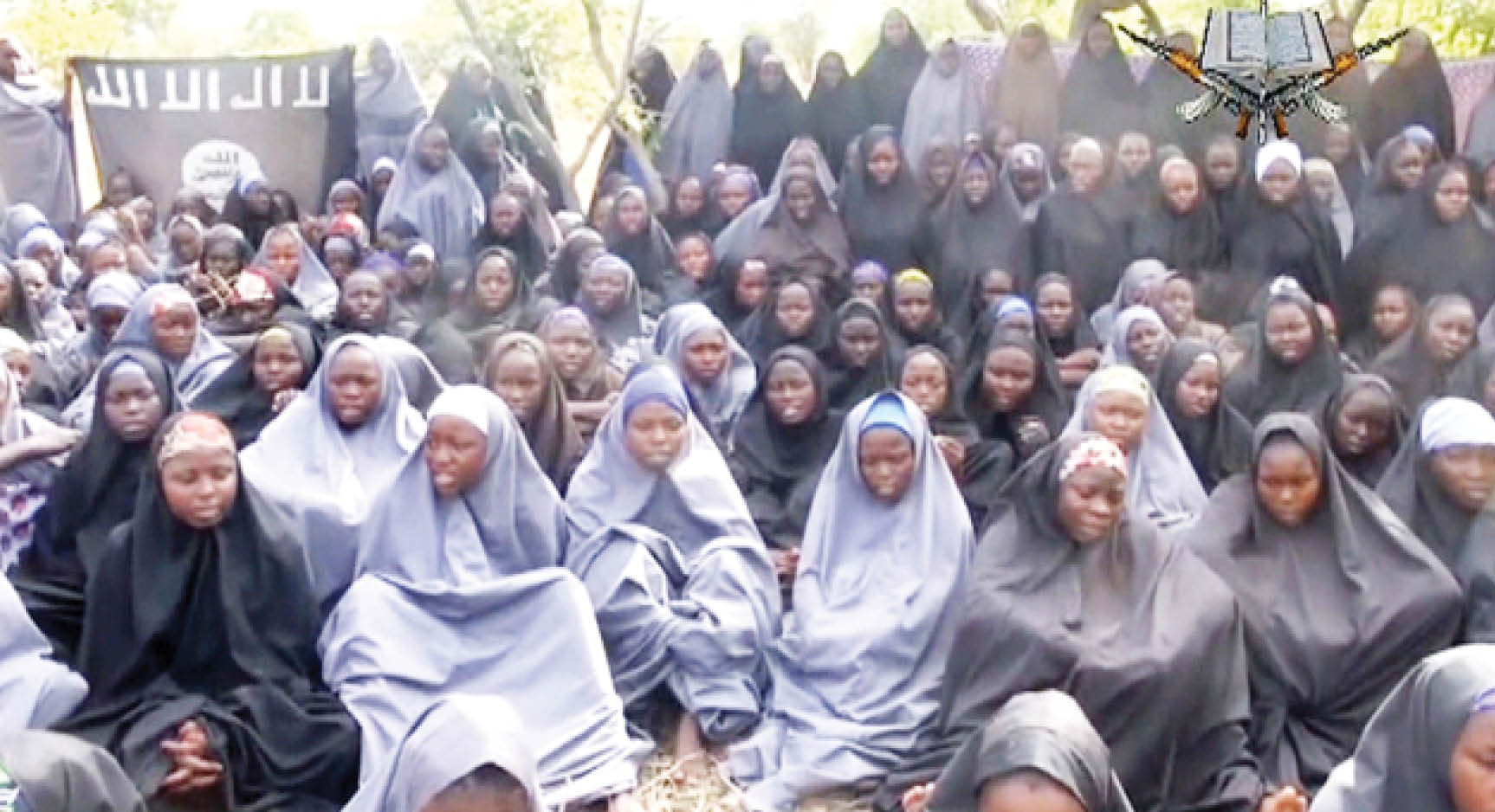Seven agonizing years have passed with no news about 112 girls out of the over 200 girls abducted from Government Girls Secondary School (GGSS), Chibok, Borno State. On April 14, 2014, 276 girls were forced by Boko Haram insurgents loyal to Abubakar Shekau into a truck, which moved into the Sambisa Forest. On their way into the forest, some of the girls hung unto tree branches, and thereafter, found their way back home. After the escape of this few, the release of over 100 schoolgirls was secured through negotiations. Unfortunately, the whereabouts of 112 of the girls is still unknown.
The secretary of Chibok Parents Association (CPA), Lawan Zannah, last week, decried the failure by the federal government to keep its promise of securing the release of the remaining 112 girls still in captivity. The past seven years have been traumatic for parents of the girls. “Where are the 112 Chibok schoolgirls?” is the question repeatedly asked by Nigerians at every given opportunity.
- Governors unanimous on killing of all bandits, terrorists – El-Rufai
- History won’t be kind to Buhari if Nigeria breaks up – CAN
Since the incident, the CPA has lost over 20 of its members, most of who died of illnesses related to depression. They died without seeing their missing daughters. Some of the parents who are still alive recently expressed optimism that their daughters were alive; calling on the federal government to rescue them.
In May 2016, President Muhammadu Buhari celebrated the escape of Amina Ali, the first Chibok girl to flee from the custody of her abductors deep inside Sambisa forest. Amina and the baby she bore in captivity were the proof of life and source of hope to families in Chibok, Nigerians and millions of sympathisers across the world. She came with first-hand information about the Chibok girls in captivity who were thought by many to have died or sold across the Sahara. In November 2016, the second girl, Maryam Ali Mayanga, escaped with her Boko Haram husband and their baby boy, Ali, from the heart of Sambisa Forest to a military base in Fulka, on the fringes of the forest.
In a major breakthrough in the Chibok hostage crisis, the Buhari administration secured the release of a total of 103 girls in two batches through negotiation mediated by a Maiduguri-based lawyer, Zannah Mustapha, the Swiss government and some international organisations. The first batch of 21 girls was released in October 2016 and then 82 more in 2017, reportedly in exchange for five Boko Haram high commanders and huge sums of money.
The rescue of Rakiya Abubakar, who also escaped with her Boko Haram husband in January 2017, and were found by Nigerian troops around Alagarno in Borno State, and the subsequent rescue of Salome Pogu in January 2018, put the number of freed girls at 107. The return of roughly half of their abducted girls brought joy to their families and hope to families of the remaining 112 girls still in captivity. But that hope is waning gradually due to government’s inaction.
It is unfortunate that seven years after, the government has not been able to secure the release of the girls. It is also disheartening that the Nigerian authorities are yet to learn any lesson from the Chibok abduction. Recent attacks on schools in Katsina and Niger states show that no lessons have been learnt from the tragedy. One would have expected that following the Chibok incident efforts would be made to secure all schools and the students sadly, that is not the case.
On the occasion of the seventh anniversary, Governor Zulum of Borno State made soothing statements, just as the presidency issued a statement, saying the girls had not been forgotten. But it must go beyond words and promises. Nigerians want to see action. Concerted efforts must be made to rescue the girls. The uncertainty about the whereabouts of the girls is too much anguish for the parents to bear. Groups such as #BringBackOurGirls and others who have continuously fought for the release of the girls should not lose steam; they must keep up the fight as that is the only way to make the authorities sit up and act.
Government, through the security agencies must continue with diligent investigations that will bring the girls back to Chibok; exploring all options. The 112 Chibok girls must not be forgotten.

 Join Daily Trust WhatsApp Community For Quick Access To News and Happenings Around You.
Join Daily Trust WhatsApp Community For Quick Access To News and Happenings Around You.


